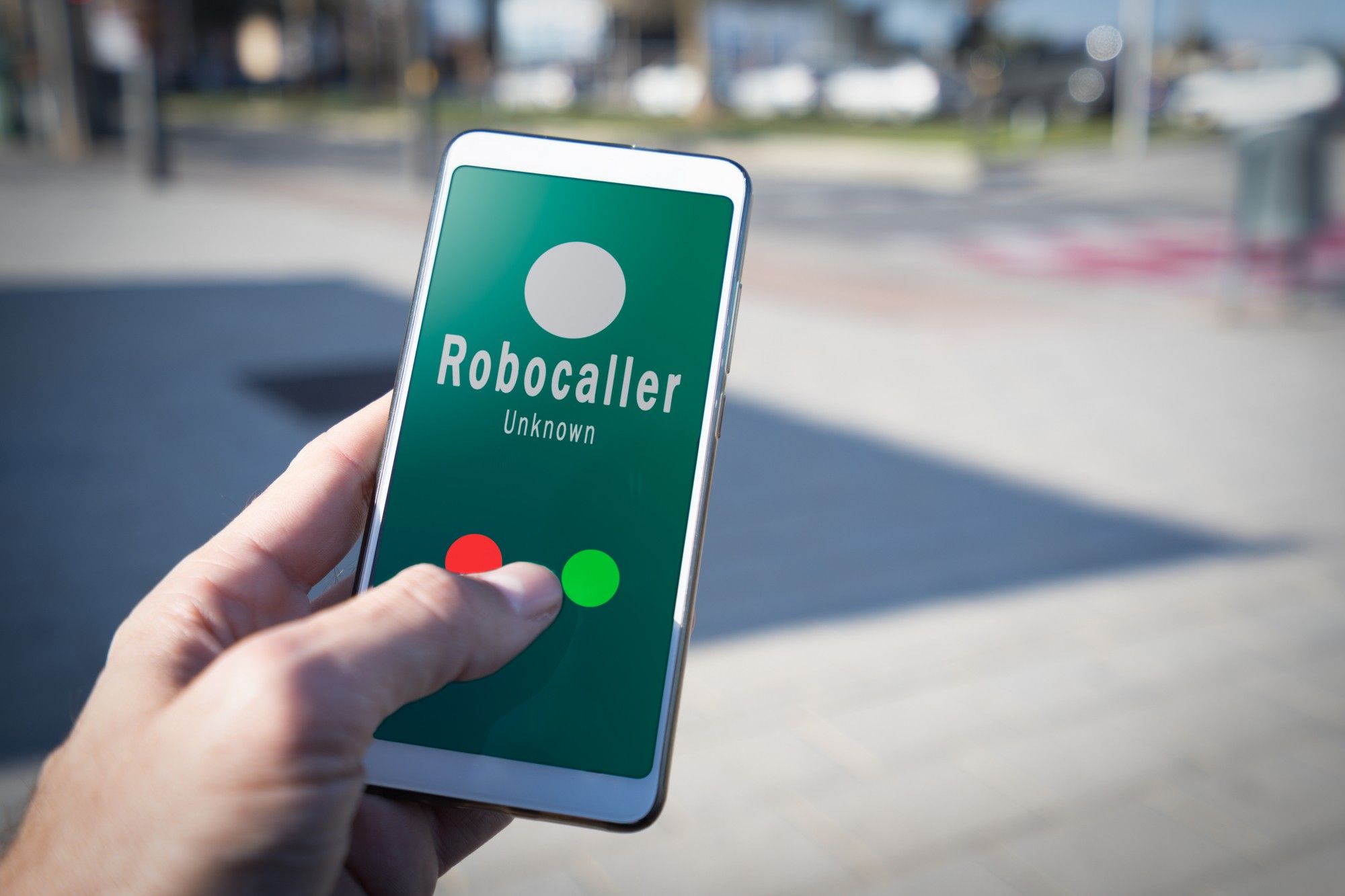Top Class Actions’s website and social media posts use affiliate links. If you make a purchase using such links, we may receive a commission, but it will not result in any additional charges to you. Please review our Affiliate Link Disclosure for more information.
Car dealerships and other retailers may be engaging in prohibited marketing strategies to advertise products and services. According to consumer complaints, a common car dealership marketing practice that may be a violation of privacy laws is sending ringless voicemail to consumer cell phones with a pre-recorded message.
What is Ringless Voicemail?
A ringless voicemail is when a call is sent directly to voicemail, rather than ringing a consumer’s cell phone like a normal phone call. Instead of alerting the consumer to an incoming call, a ringless voicemail simply appears in the voicemail box. While ringless voicemails may appear to be less intrusive than telemarketing phone calls, the messages may be even more irritating as it is much more difficult to block them.
Consumer privacy advocates note that ringless voicemails take up space in voice mailboxes, making it harder to locate important voicemails from family or friends. Additionally, since these messages are deposited directly into the voice mailbox, this type of advertising may make it easier for car dealerships or other retailers to bombard individual consumers with multiple prerecorded messages.
What Are Pre Recorded Messages?
Most car dealerships and other retailers that send ringless advertising voicemails use prerecorded messages. A prerecorded message is a message that has been recorded prior to the call and is played when the voicemail starts recording. Prerecorded messages may be created using a human voice, but they often use a digital or robotic voice. This is why prerecorded phone calls are often referred to as robocalls.
Robocalls are usually placed with an automated dialing system, which makes it easy for car dealerships and other retailers to send phone calls, ringless voicemails, or text messages to hundreds or thousands of consumers at once.
How to Deal With Illegal Car Dealership Marketing Strategies
The Telephone Consumer Protection Act (TCPA) regulates how telemarketers and other retailers may contact consumers.
The TCPA was established in 1991 as a method of protecting consumers from harassment by telemarketers. While technology has shifted drastically in the last 30 years, so too has the TCPA, expanding to include new technologies and telemarketing methods.
Car dealership marketing methods, such as robocalls and ringless voicemails, are generally prohibited by the TCPA.

The prior express consent requirement was a modification added to the TCPA in 2012. It also made it so that telemarketers couldn’t avoid this requirement by claiming an “established business relationship” with consumers.
There are exceptions to the TCPA that allow for emergency calls, but there is a limited definition as to what constitutes an emergency—something the Federal Communications Commission (FCC) clarified since the onset of the coronavirus pandemic in the U.S. Also, calls that are purely informational—meaning that don’t include any advertisements—are permitted under the TCPA.
Unfortunately, it is unlikely to avoid all forms of telemarketing. Business Insider reported that Americans received a total of 26.3 billion robocalls in 2018 alone — a figure that includes ringless voicemails. Perhaps more alarming than the number of calls is the increase. In 2018, Americans received 46% more calls than in 2017.
If you are receiving ringless voicemails from a company with whom you did business, you may have inadvertently given your consent to receive these messages. During the course of a transaction, car dealership marketing may subtly include an “opt-in” to receive marketing calls and texts. It may come in the form of a verbal request to contact you, or a box in a form you are filling out that signs you up for promotional contact.
As mentioned above, if you later discover that you are receiving unwanted ringless voicemails or other telemarketing communications, you can withdraw your consent. If a business continues to send you ringless voicemails after you’ve opted out, they may be in violation of the TCPA.
Some businesses may risk TCPA violations and still send messages after a consumer has opted out. Companies may resort to ringless voicemail because it gives consumers less opportunity to opt-out than a traditional phone call and because it can take people by surprise. In some cases, businesses that send ringless voicemail may be relying on this type of marketing to dodge TCPA requirements. This may be the case if you are being sent multiple ringless voicemails from a car dealership with whom you have never done business.
Companies are also required to abide by the National Do-Not-Call Registry and refrain from contacting numbers registered with the list. The Do-Not-Call list is free to sign up for, and once your number is registered, it never expires.
If you are receiving car dealership telemarketing messages or ringless voicemails and want these intrusive calls and messages to stop, you have several options. If withdrawing your consent to be contacted by the car dealership has not stopped the dealership from contacting you, you can sign up with the National Do-Not-Call Registry.
You can sign up for the National Do Not Call Registry through the registry’s website or by calling 1-888-382-1222 from the phone number you wish to register. Companies have 30 days to comply with new additions to the registry. After this, the Federal Trade Commission says that you should receive fewer telemarketing calls.
While the Do-Not-Call list cannot stop all unwanted calls, it helps minimize the number of calls from legitimate, law-abiding companies. Reporting robocalls to the FTC helps the agency gather data on telemarketing trends and allows the government to better combat the rising tide of telemarketing and spam calls.
Consumers may also be able to install call-blocking software. Cellular providers like T-Mobile, AT&T, Sprint and Verizon, as well as phone manufacturers such as Google and Apple all have options for consumers to identify and block robocalls. However, this software may not work for ringless voicemails. [Source:
You can also look to third-party apps to block robocalls. Services like Nomorobo, RoboKiller, and Hiya all aim to prevent robocalls from reaching your phone. Many robocall blocking services rely on identifying phone numbers used by scammers and adding them to a running list of spam callers. Unfortunately, scammers often call from a variety of generated numbers – a slippery tactic that makes it difficult to simply “block” robocall numbers.
Additionally, these services usually require a monthly or yearly subscription fee. Nomorobo is free for landlines but costs $1.99 a month for cell phones. RoboKiller and Hiya are slightly more expensive at $3.99 a month or $24.99 a year. All three services offer a free trial period ranging from seven to 14 days.
Although robocall blocking services can be useful, some calls may still manage to make it through. This can be frustrating for Americans who don’t want to be inundated with spam calls.
Another option is filing a TCPA violation lawsuit against the car dealership. Victims of TCPA violations may be eligible to pursue between $500 and $1,500 for each violation, depending on whether or not the violations were willful.
How to Find a Lawyer for Car Dealership Problems
Prerecorded calls and ringless voicemails may be intrusive, harassing, and stressful. A growing number of consumers are coming forward with allegations of car dealership marketing that includes ringless voicemails, unwanted cell phone calls, robocalls, prerecorded messages, and more from car dealerships. TCPA lawsuits have been filed over these violations.
If you are receiving these calls and messages, you may want to speak to an experienced ringless voicemail attorney about your legal options. Filing a lawsuit can be a daunting prospect, so Top Class Actions has partnered with trustworthy and experienced lawyers who can help you determine if you have a claim, navigate the complexities of litigation, and maximize your potential compensation.
Join a Free Car Dealership TCPA Violations Class Action Lawsuit Investigation
You may be eligible to join this lawsuit investigation into car dealership TCPA violations under the following circumstances:
- You did NOT provide express permission in writing to the car dealership to receive the calls or messages.
You did NOT purchase a vehicle from the dealership that is contacting you.
ATTORNEY ADVERTISING
Top Class Actions is a Proud Member of the American Bar Association
LEGAL INFORMATION IS NOT LEGAL ADVICE
Top Class Actions Legal Statement
©2008 – 2024 Top Class Actions® LLC
Various Trademarks held by their respective owners
This website is not intended for viewing or usage by European Union citizens.
















One thought on What to Know About Prohibited Car Dealership Marketing Strategies
Add me please